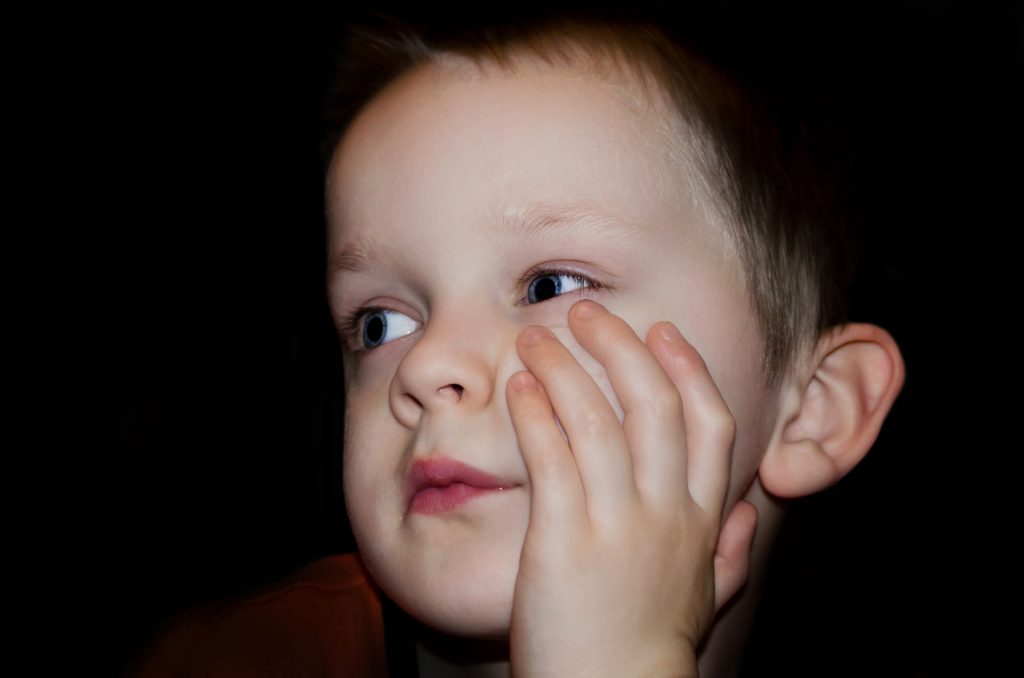Stress Is A Confidence-Killer For Schooling Kids

Kids, by nature, are pretty handy. They are always full of energy and curious about many things. But when it comes to schoolwork, they get bored quickly, misbehave and become disinterested. But just because they state disinterest doesn’t mean that they don’t like schoolwork at all. Most of the time, anxiety on academics is the one that’s speaking.
Academic Anxiety Is Apparent
Because of the high demand for excellence at school, anxiety amongst kids continuously rise. The competition, deadlines, and expectations keep kids on their toes all the time, and this leads to anxiety. Symptoms of anxiety are clammy palms, rapid heartbeat, worrying and upset stomach.
Harrison Davis, Ph.D. also points out another trigger for anxiety, “If students do not feel adequate or prepared to cope with the new environment of a college campus, they could easily become susceptible to depression and anxiety,”
Anxiety, on the other hand, can lead kids to become perfectionists which is beneficial with regards to school work. Some develop total burnout from school which is characterized by completely ignoring schoolwork. Due to anxiety, kids are not able to enjoy their childhood.
ADHD And Anxiety Connection

Anxiety arises when a student with ADHD faces a situation that has to do with focusing. And the anxiety gets worse when the student gets older. This is because he becomes more aware of the extent of the school tasks and how much work it is going to take. The extremeness or extent of school tasks elevates as the grade level increases. And it goes to follow that the level of anxiety goes with it. As a result, students with ADHD miss out on assignments and projects.
“Children with anxiety disorders and ADHD—a common comorbid presentation—tend to be more impaired than those with either condition alone,” Katharina Manassis, MD explains.
Some students deliberately avoid schoolwork, not because they don’t know but it’s because their subconscious mind tells them to do so. This further elevates the anxiety level within the child.
If you observe or suspect that your child has anxiety or ADHD, or both, it is best that you get professional help as soon as possible. Below are some signs of a child with ADHD and anxiety:
- Sleeping or eating pattern changes
- Self-harming and making negative statements about himself.
- Frequent stomach aches and headaches
- Withdrawal from family and friends
How Parents Must Deal With Academic Anxiety

As parents, you are your child’s first refuge, even if they don’t show it. Because of this, you need to learn how to deal and help your child get over his anxiety issues. This will enhance the relationship with your child. If you and your spouse are united on this, then your child will surely cope. It can also improve your married life since you’re doing things together while helping your child.
First, acknowledge your child’s feelings.
You should first understand and accept how your child feels about school. Instead of nagging him or pressuring him, open your heart to him. Ask your child and find out how you can effectively help him.
Second, teach them organizing and time management skills.
Because of pressure and anxiety, kids tend to slack school assignments. By not putting a specific timetable when they are doing their homework, they will be able to perform better. Ask them how much time they need for that particular task. Encourage them to be realistic with the time.
Third, help them with their priorities at school.
Kids either ignore their school task or do everything at once. As a parent, you must help them get organized and prioritize their work. Go through the task to know its extent and know the deadlines. Help him organize the tasks, which should be done first and which will follow next. This will help ease off their anxiety.
Anxiety can be resolved. It just needs the proper approach. “Handling stressors adequately requires thinking differently about stress and about not avoiding or withdrawing. Thinking more positive thoughts and facing your stressors is the way to prevent or eradicate anxiety and depression,” Carlo Carandang, MD suggests. For parents who have children experiencing academic anxiety, it is best that you don’t put pressure on the child. Prioritize your child’s wellbeing first, and the rest will follow.